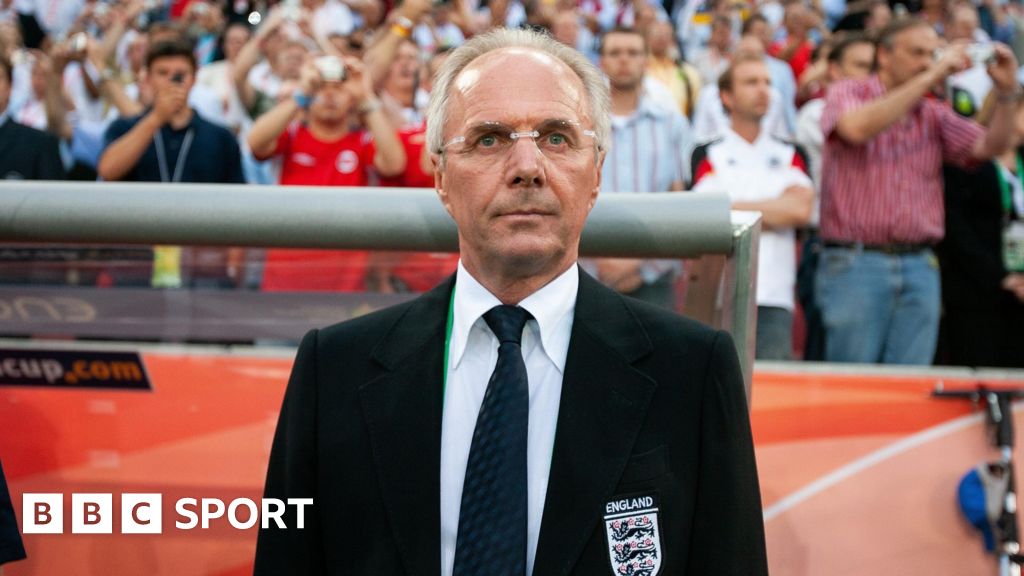The 2006 World Cup was the final curtain for Eriksson, the manager who promised so much and had so much talent to utilise, and yet could not make that final leap to the first England success since the 1966 World Cup.
The end came a few months after Eriksson fell into a Sunday tabloid newspaper’s ‘Fake Sheikh’ sting, enjoying fine dining and vintage champagne before delivering a series of indiscreet revelations.
He claimed to the News of the World’s undercover reporter that Owen was unhappy at Newcastle United, while he himself could leave the England job to join Aston Villa, luring Beckham away from Real Madrid to Villa Park in the process.
Eriksson was an engaging, courteous character with an uncanny ability to smile as he deflected away various personal scandals, never allowing his inquisitors to lay a glove on him. He rarely, if ever, demonstrated anger even in the tightest of spots.
He also had a touch of steel, famously infuriating Manchester United boss Ferguson when insisting an injured Rooney would be part of the 2006 World Cup squad once he was declared fit, whether the great Scot liked it or not.
Eriksson’s insistence backfired as a frustrated Rooney, not fully fit after breaking a metatarsal bone in his foot playing for United and nowhere near his best, was sent off for stamping on Portugal defender Ricardo Carvalho in that quarter-final exit in Gelsenkirchen.
If Eriksson’s time in charge is examined now, those of us who followed it would say he was too much in thrall to big names such as Beckham, still selecting him when the midfielder was clearly struggling with injury.
He was, to an extent, starstruck. It led him to try to pack his side with his finest players rather than adopting pragmatism to get his best team.
Eriksson wanted a midfield quartet of Beckham, Steven Gerrard, Frank Lampard and Paul Scholes. It was understandable, but it also lacked balance, with Scholes’ deployment in an unfamiliar role wide on the left arguably pushing a truly world-class talent into early international retirement.
He also had difficulties building a unified squad with divisions along club lines, especially involving players from Chelsea, Liverpool and Manchester United, but there is no doubt Eriksson could, and perhaps should, have been the manager to end England’s wait for a trophy.

